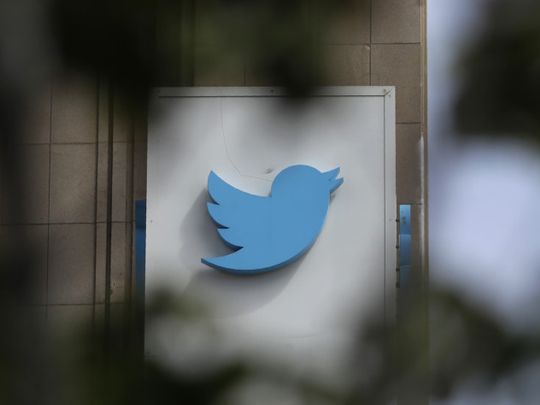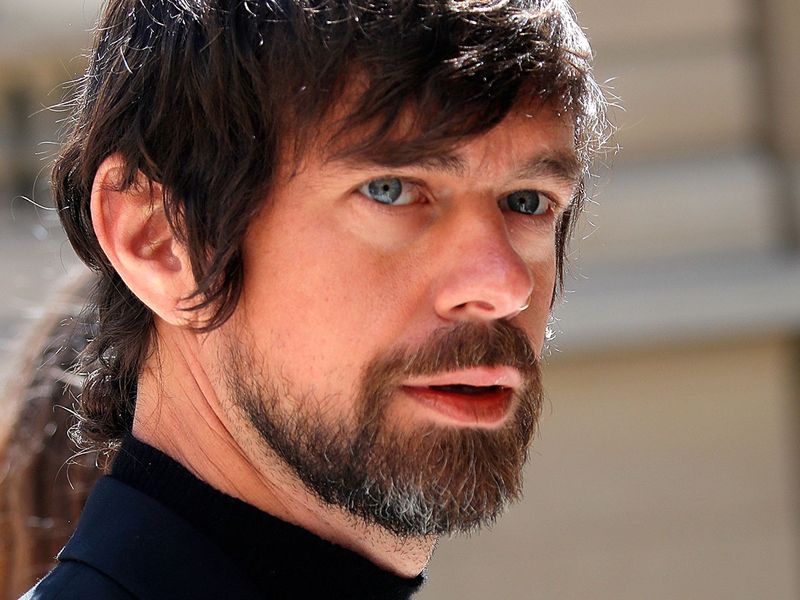
The popularity and reach of social media platforms has transformed the way we communicate with each other, transformed the nature of our interactions and offered a voice for many views to be aired. And while those egalitarian measures are to be generally welcomed, the reality too is that they have allowed arguments to be skewed.
Simply put, because social media platforms are by necessity businesses charged with making money, those with deep pockets can have their message heard far louder than most other users. There’s a significant danger too when those with deep pockets are often intent on skewing the political process.
In the coming weeks, voters in the United Kingdom will head to the polls in a general election where its future relationship with the European Union (EU) and the rest of the world will be determined. Voters in the United States head to the polls, too, in a year’s time to elect a president — a protracted process that pulls at the very fibre of American society. Throughout, social media will be highly critical to the outcomes.
Twitter is to be commended for its ban on political advertising — and now Facebook’s Mark Zuckerberg has a moral and social responsibility to follow suit
Given this, when Twitter announces that from November 22 it will ban all political advertising, it’s a very significant move — one that has an immediate effect on the political and social media landscape. What’s more, it’s a move that poses a direct and immediate challenge to Facebook to do likewise.

Make no mistake, the announcement by Twitter CEO Jack Dorsey increases the pressure on Facebook over its controversial stance to allow politicians to make false statements.
All media outlets, be they traditional or from the social sector, have an onerous, commercial and moral responsibility to ensure the veracity of their products and the advertisements carried on their platforms. There is no place for any media conglomerate that wilfully allows politicians and interests groups to peddle half-truths and complete lies with the sole intent of undermining the electoral processes and swaying voters.
Twitter is to be commended for its ban on political advertising — and now Facebook’s Mark Zuckerberg has a moral and social responsibility to follow suit.
Already, Facebook has fallen foul of many users and regulators for playing too fast and too loose with personal data. It is facing calls to be dismantled into smaller, less influential components, unable to skew debates. And it has largely failed to ensure that its platform is free of political influence.
In it’s truest and literal meaning, this is indeed a moment of truth for Twitter — and Facebook.







